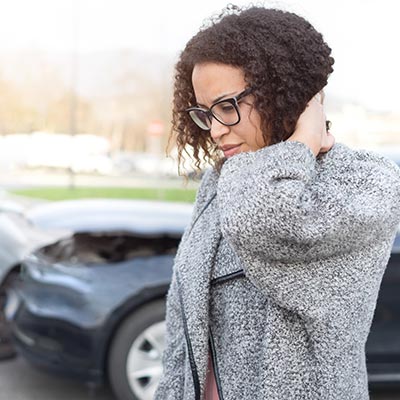
Screening for Lifetime History of Traumatic Brain Injury (TBI)
Many people have injuries that can impact their brain function, but they are not diagnosed and do not receive treatment. If you suspect you or someone you know may have had such an injury, the Online Brain Injury Screening and Support System (OBISSS) may be helpful in recalling the specific incident(s) that may have resulted in an injury to the brain.
What is the Online Brain Injury Screening and Support System (OBISSS)? The OBISSS is an online screening system to determine lifetime exposure to brain injury and to identify associated challenges that may be present for youth and adults. This system utilizes the validated and reliable Ohio State University TBI-Identification Method (OSU TBI-ID).
Click here to read more about the OBISSS.
If you have questions about the OBISSS or need help with problems you think may have resulted from a brain injury, contact the Brain Injury Association of Nebraska, PO Box 22147, Lincoln, NE 68542, (844) 423-2463, www.biane.org.
Brain Injury Definitions
Traumatic Brain Injury (TBI)
TBI is defined as an alteration in brain function, or other evidence of brain pathology, caused by an external force.
Acquired Brain Injury (ABI)
An acquired brain injury is an injury to the brain, which is not hereditary, congenital, degenerative, or induced by birth trauma. An acquired brain injury is an injury to the brain that has occurred after birth.
There is sometimes confusion about what is considered an acquired brain injury. By definition, any traumatic brain injury (e.g., from a motor vehicle accident, or assault) could be considered an acquired brain injury. In the field of brain injury, acquired brain injuries are typically considered any injury that is non-traumatic. Examples of acquired brain injury include stroke, near drowning, hypoxic or anoxic brain injury, tumor, neurotoxins, electric shock or lightning strike.
Mild Brain Injury
The term “mild brain injury” can be misleading. The term “mild” is used in reference to the severity of the initial physical trauma that caused the injury. It does not indicate the severity of the consequences of the injury.